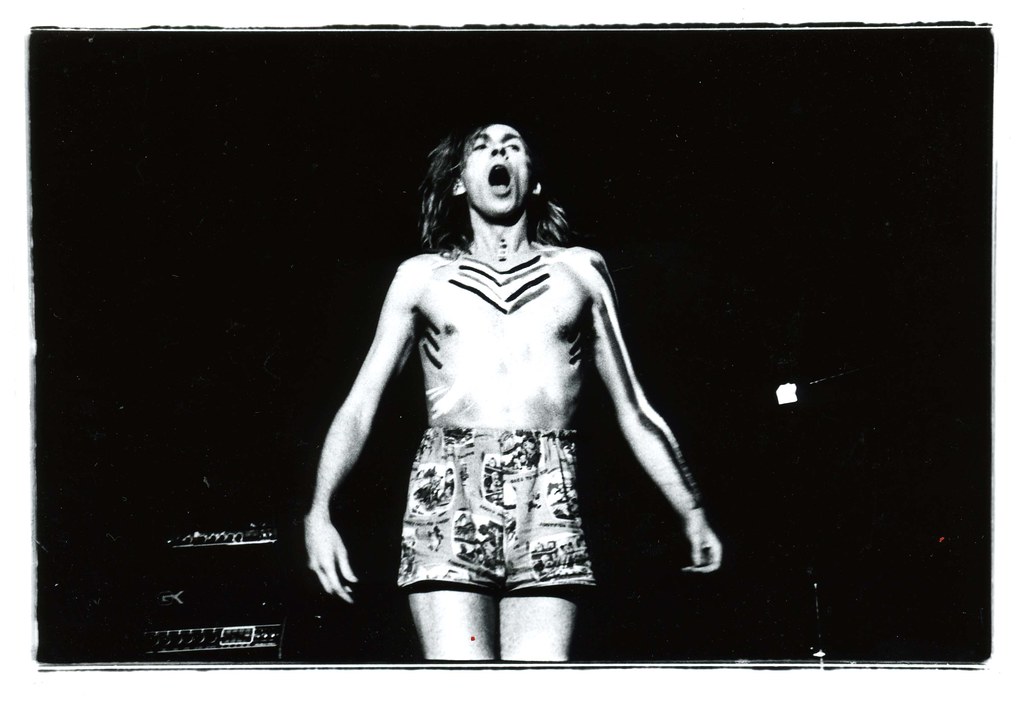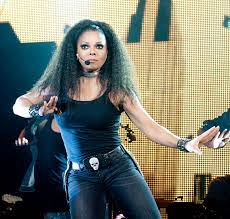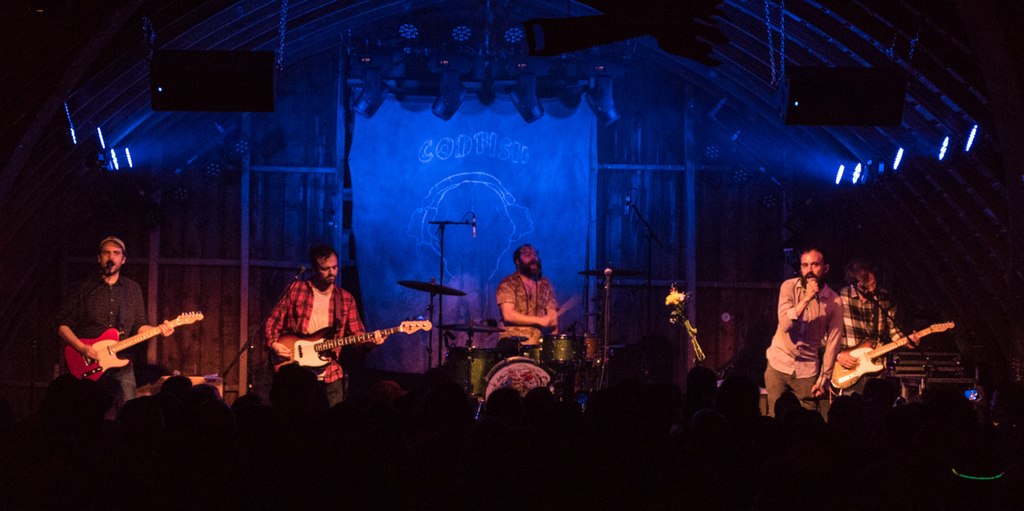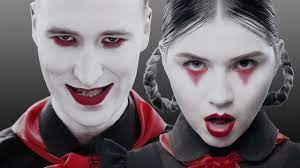On June 18, mewithoutYou announced they were beginning their farewell tour. This tour was planned to take place through 2020, marking their final year as a band. However, the world had different plans. But now with COVID restrictions easing and cases coming down in general, the band made the decision to announce their tour with a teaser on their Instagram, announcing two Philadelphia shows – “The Beginning of the End” and “Brother, Sister 15th Anniversary Show.” Contrary to what many fans believe, these aren’t the band’s last shows. In fact, it marks the beginning of their final tour. While heartbreaking for many fans (especially newer ones, like myself), the members of the band made this decision to focus on their families and personal lives.
mewithoutYou formed in 2001, the original members being Aaron Weiss (vocals), Mike Weiss (lead guitar, background vocals, keys), Christopher Kleinberg (rhythm guitar), Daniel Pishock (bass) and Rickie Mazzotta (drums). While their style has changed greatly over their career, thematically and lyrically they’ve stayed consistent. Much of their lyrics take inspiration from Judeo-Christianity, Buddhism and Islamic philosophy, all delivered in a deeply personal spoken-word poetry style. Let’s take a deep dive into the musical world of mewithoutYou…
“I Never Said That I Was Brave” (2001)
This five-song EP is more of a sneak peek of what the group was capable of. Borderline “screamo” vocals, thick guitars, panic chords galore and percussion that puts many mainstream drummers to shame, this 15 minute EP leaves you almost no time to relax. Many of the tracks on here made it onto their first album a year later. This is our first look into Aaron’s deeply personal and introspective world of songwriting.
Favorite Track: “Flamethrower”
“A->B Life” (2002)
“Let us die, let us die!/Then dying, we reply/Oh, don’t you tell us about your suffering…’’ are the first words we’re greeted with. This album is reminiscent of their first EP, but is a lot more polished but still as, if not more, angry. This album has a common theme of heartbreak, loneliness, and questioning one’s faith. This album doesn’t end on a pleasant note as most do. The closest form of closure we get is in the final track “The Cure For Pain,” in which Aaron belts “The cure for pain is in the pain, so it’s there that you’ll find me.” This album is a desperate diary entry of a hurt soul, looking for some sort of relief.
Favorite Track: “Gentleman”
“Catch For Us The Foxes” (2004)
Like their previous album, “Catch For Us The Foxes” is deeply emotional and personal, dealing with even heavier topics than before: reaching your rock bottom and having “no lower place to fall,” feelings of worthlessness and suicide. While “A->B Life” was more nihilistic and angry, this album has many semblances of hope, Aaron belting many lines praising his small triumphs in his improving mental health. This album has a more mature feel and explores many different sounds. Here, we see our first (Pt.2) song. These songs hark back to tracks on previous albums, sharing similar melodies and themes, but are typically more upbeat and hopeful. This track is “Four Word Letter (Pt.2).” While the original spoke lines of heartbreak, “(Pt. 2)” speaks of being healed, yet still skeptical of moving forward. This album ends with a poem of rebirth from a lonely self, lyrically burying this angry Aaron – “Six of my closest friends will dig up the ground, all my accomplishments gently lowered down…”
Favorite Track: “My Exit, Unfair”
“Brother, Sister” (2006)
Arguably their best and most successful album, “Brother, Sister” is an album-long testimony of his journey of healing and self-love. As you would expect, this album isn’t sad or angry, however, it’s not 45 minutes of, “Hey everyone! Look at me, I’m happy now!” There are still a few songs that still deal with healing and questioning one’s self. You hear this as early as the third track with “Wolf Am I! (And Shadow).” We also see another (Pt. 2) song, “Nice and Blue (Pt. 2),” a song about not being completely healed, but improving nonetheless. Each stanza of “(Pt. 2)” contrasts the lines of the original, quite the departure from the angry, self-loathing lament the original track was. This album is all about contrast, songs like “The Sun and the Moon,” lyrical themes between tracks, the album art, heck, even the album name. Probably my favorite thing about this album is the interludes that are known by the fanbase as the “Spider Songs“ – “Yellow Spider,” “Orange Spider” and “Brownish Spider.” These songs (I believe) serve as a stark contrast to some of the heavier songs that come before or after them. The finale of the album, “In a Sweater Poorly Knit” shows that while Aaron is in a good place now, he knows that lows in life are inevitable and will eventually cycle back, but with that cycle, leads to more personal growth. If you listen closely to the end, you can hear rain – right where the first track begins.
Favorite Track: “O, Porcupine”
“It’s All Crazy! It’s All False! It’s All A Dream! It’s Alright” (2009)
The title being a near direct quote from the Islamic philosopher Bawa Muhaiyaddeen, this album explores many spiritual themes, not just Islam, but Christianity and Judaism, too. The sound of this album is nothing like they’ve done before – almost all the songs are folky and acoustic. Another common theme throughout the album is plants and animals, one of the tracks, “The Fox, the Crow, and the Cookie,” being a retelling of one of Aesop’s fables. Again, we see another (Pt. 2) song, “Bullet to Binary (Pt.2).” Like before, this sequel contrasts the original with a more positive and hopeful message, this time, a message about unity.
Favorite Track: “The King Beetle on a Coconut Estate”
“Ten Stories” (2012)
In my opinion, this album is their most overlooked and underrated. “Ten Stories” is a concept album about a train carrying circus animals, the elephant running herself into the side of the car she’s in, derailing the train and freeing all the circus animals. The elephant inevitably sacrifices her life for the good of others and is hanged in “Elephant on the Dock.” All of which is a metaphor for the crucifixion of Christ. Each track focuses on each of the animals’ experiences, but mainly follows the adventures of the fox and bear. Haley Williams of Paramore is featured on “Fox’s Dream of the Log Flume,” she has said in an interview that mewithoutYou is her favorite band (she has great taste!).
Favorite Track: “Fox’s Dream of the Log Flume”
“Pale Horses” (2015)
Between the release of “Ten Stories” and this album, Aaron and Mike experienced the loss of their father. Aaron’s lyrics became nihilistic and have seemed to have lost touch with his spirituality, which is mirrored in many of the tracks. Another common theme revolving around the apocalypse, referencing The Four Horsemen, The Seven Seals, divine judgment and death. Early mewithoutYou probably would have written a loud and angry album, but this more mature band wrote songs that are haunting and cold, but almost comforting. Here again, we see a very hurt Aaron, but he’s older now, and more mature. He drops the only curse in their entire discography in “Rainbow Signs.” In almost a whisper he sings, “Pale horse vows in a grave reply/Smile for the camera at the church nearby/Threw a mute curse at the Boise sky/For my f——d up Napoleon-of-St.-Helena-hairline…” The album ends with Aaron dreaming about seeing his father again, sharing an inside joke that only they understood.
Favorite Track: “Red Cow”
“[Untitled]” (2018)
”Like It’s All Crazy!..,” this album has many allusions to animals, many of the lyrics written as conversations between them. The first half is unapologetically aggressive, pushing you directly into the chaos with no warning. Lyrically and thematically, it seems that Aaron has come to terms with his father’s death and has gone back to his spiritual roots. “Another Head For Hydra” explores the worthlessness of material possessions. “[dormhouse sighs]” is a more positive look at the apocalypse – stemming from a revelation he had on a West Virginia highway. The second half, while still heavy, is more refined and not as chaotic. “2,459 Miles” is a song about being far from his home, wife and kids. “Micheal, Row Your Boat Ashore” is about the doubts and fears of being a new father. Personally, I think this album is Aaron’s best writing in a poetic sense. Each song is packed with metaphors, biblical references and clever wordplay.
Favorite Track: “Julia (or, ‘Holy to the LORD’ on the Bells of Horses)”
Summary
I don’t think there will ever be another band that could hold a candle to the sheer complexity and beauty of mewithoutYou. Their lyrics are introspective, the instrumentals are layered and are like no other band I’ve ever heard. Their discography has a little something for everyone. Each album is a unique, near spiritual experience. If someone as iconic as Haley Williams holds them in high regard, maybe you should give them a chance. As current members Aaron, Mike, Rickie, Greg and Brandon ready themselves for one more tour, I wish them nothing but the best in their personal lives. Their music really has changed the lives of so many, including myself.
2001-2022
– T-Time











